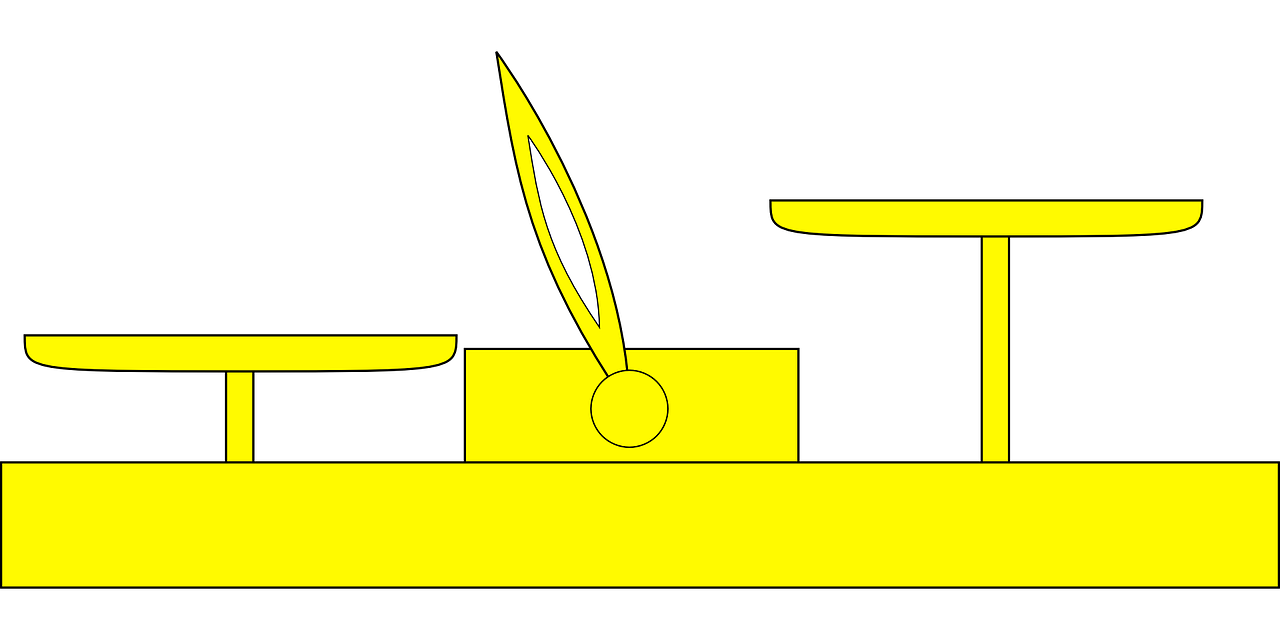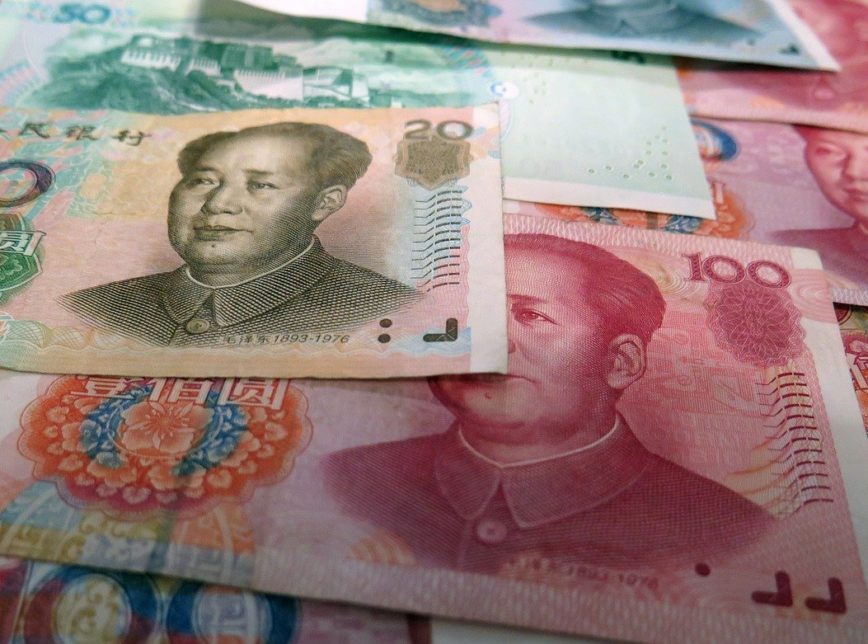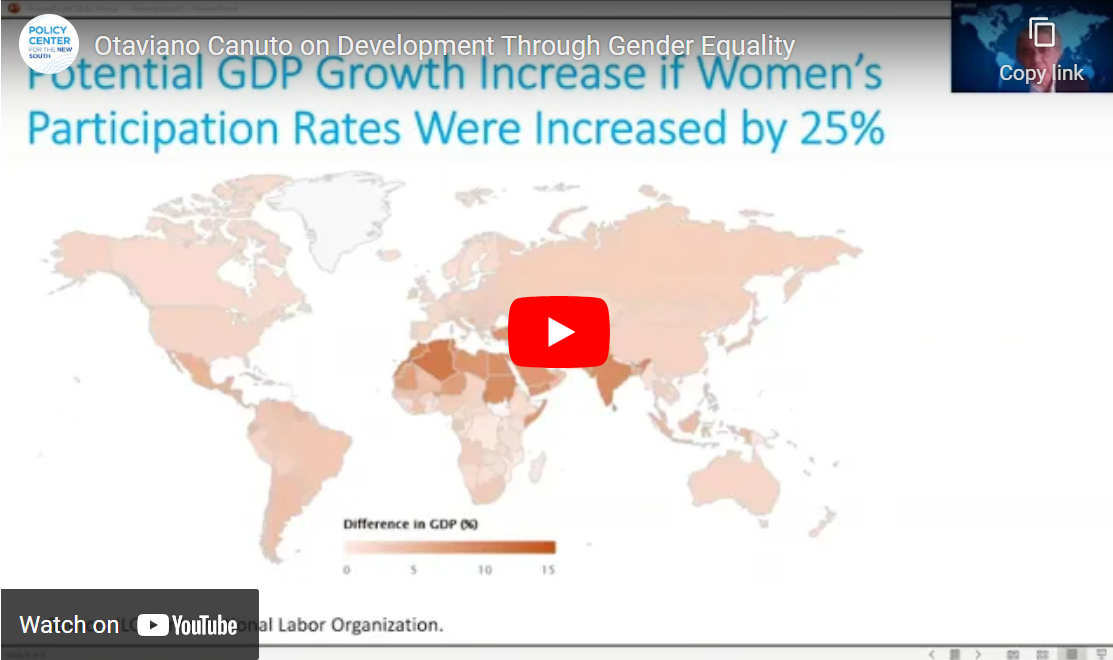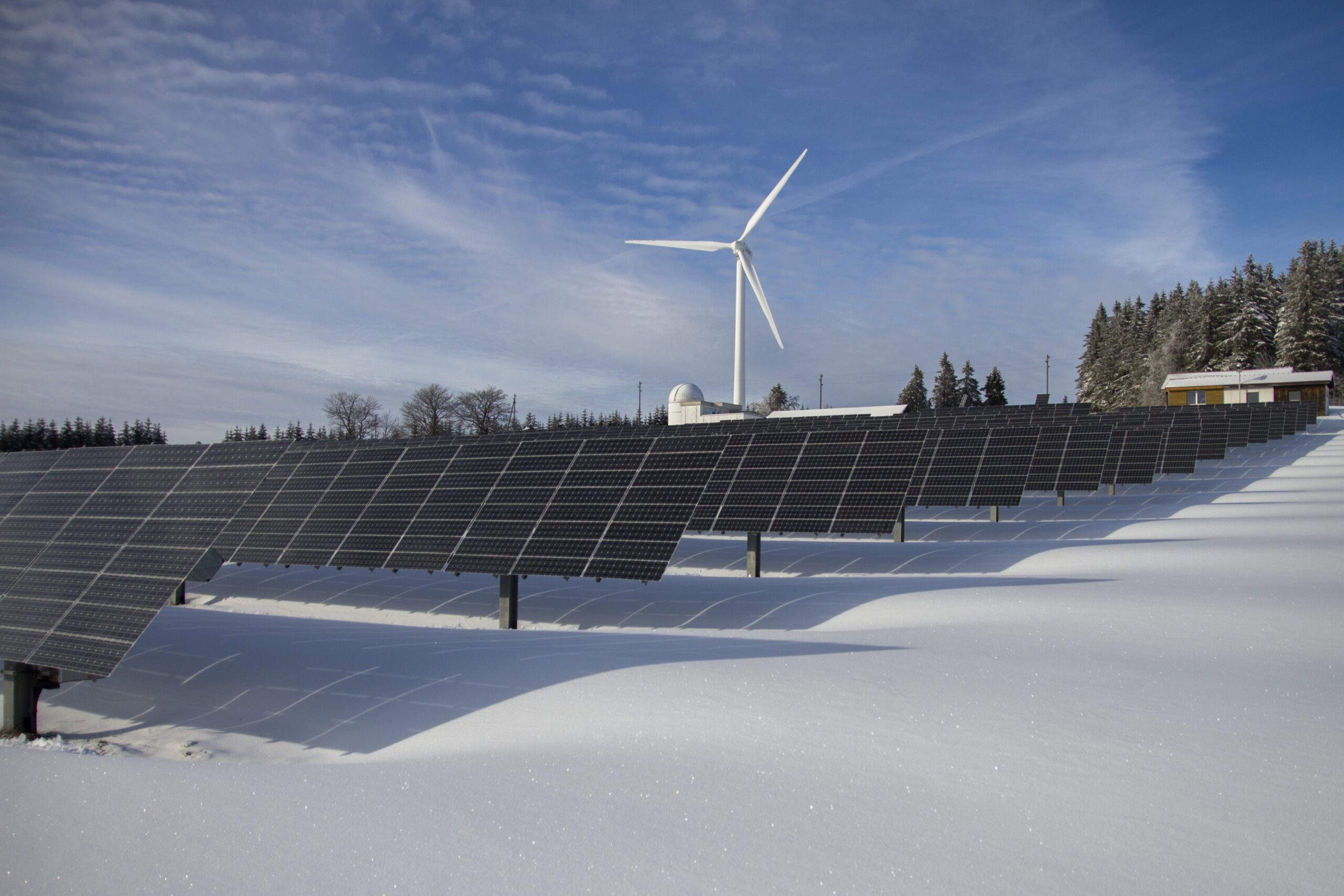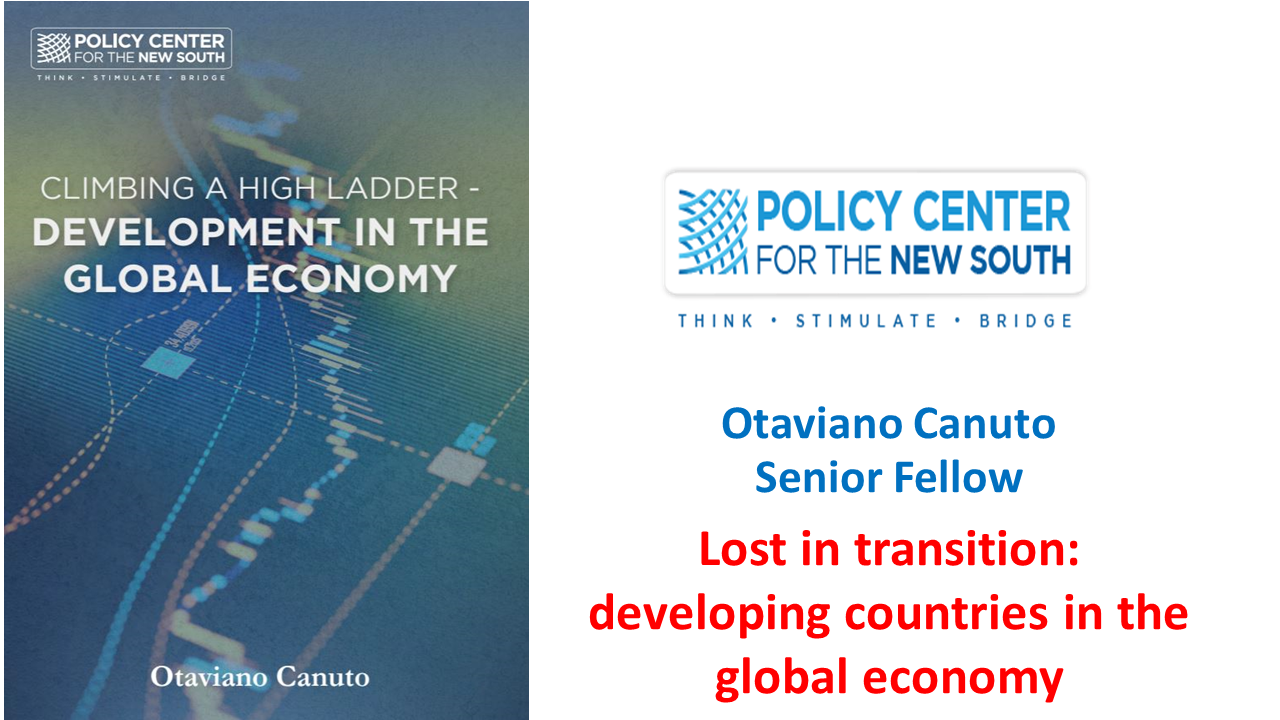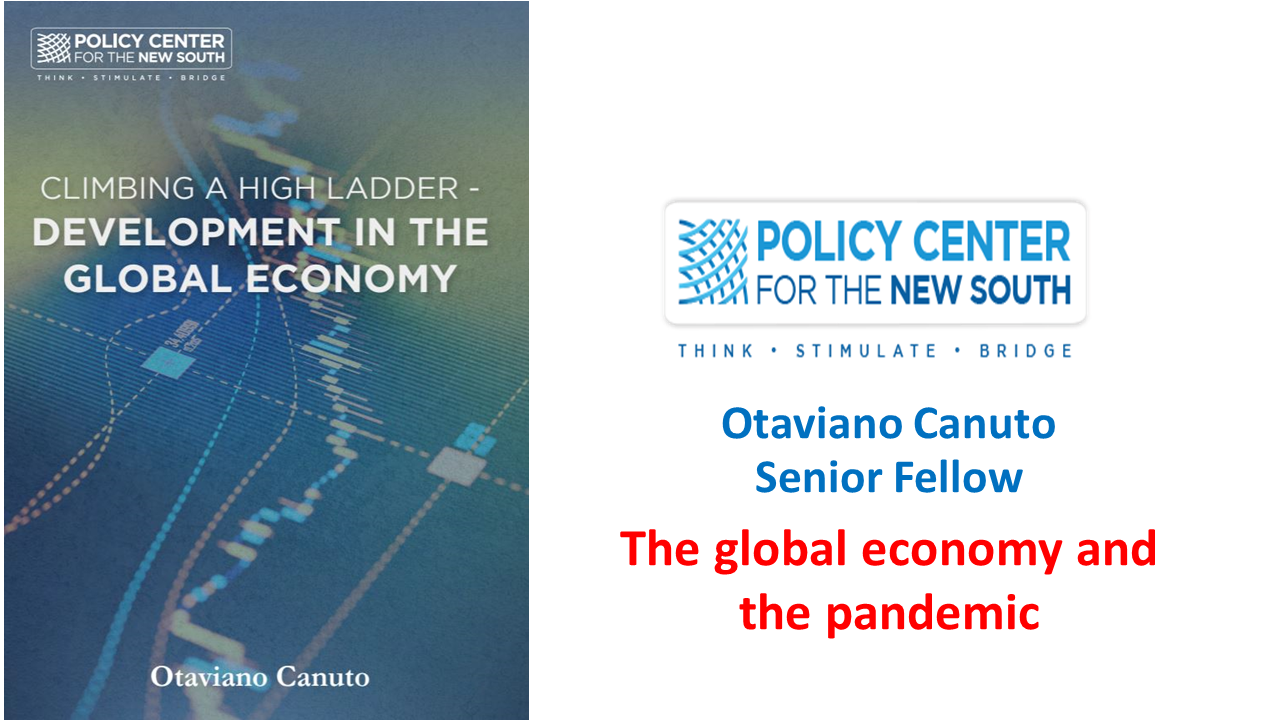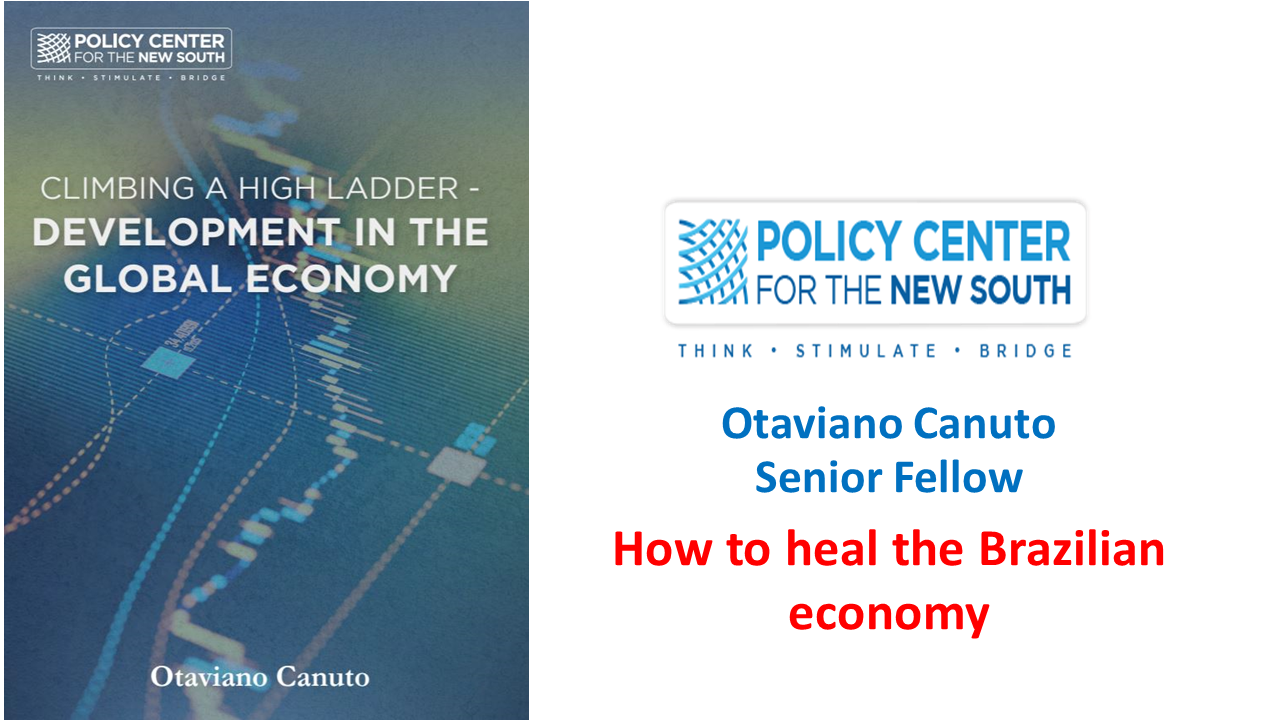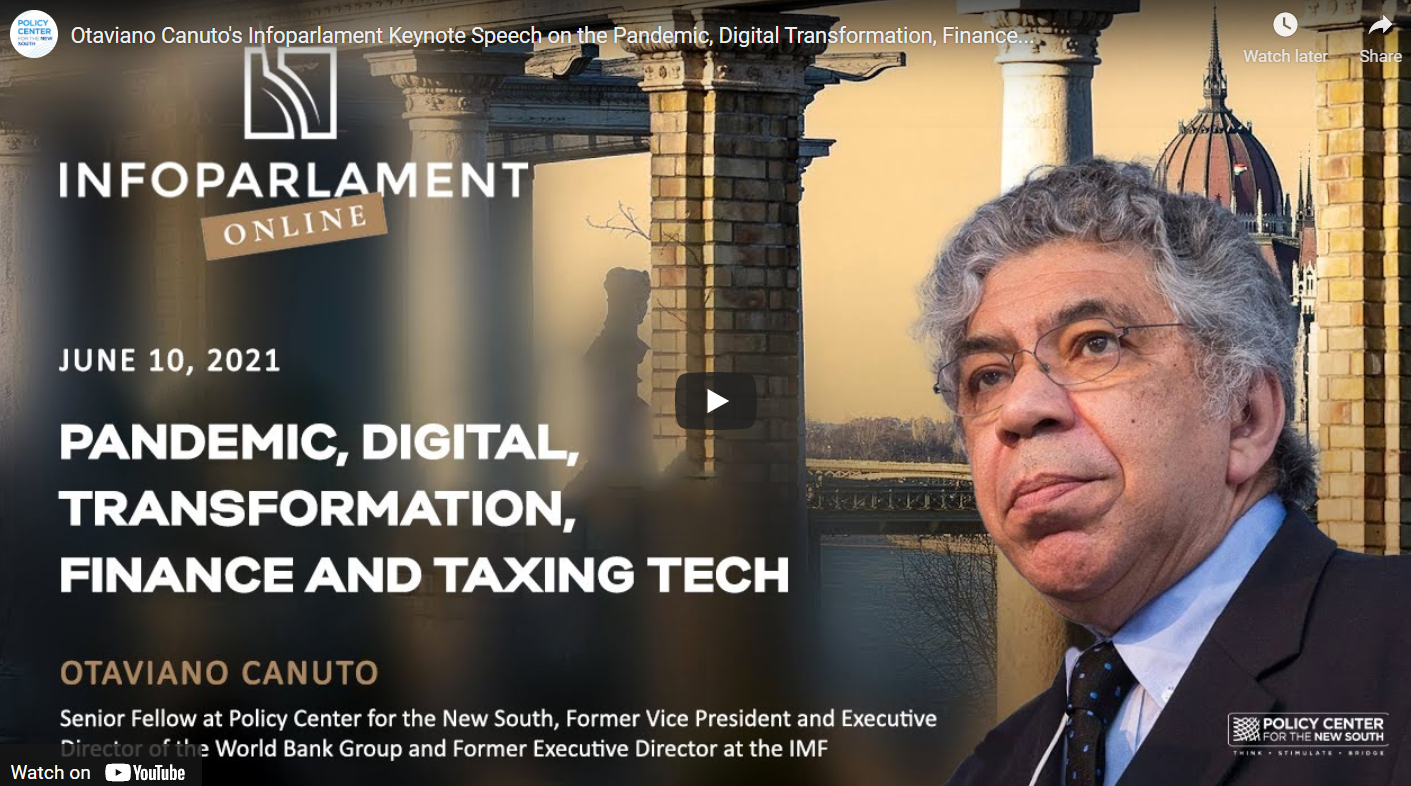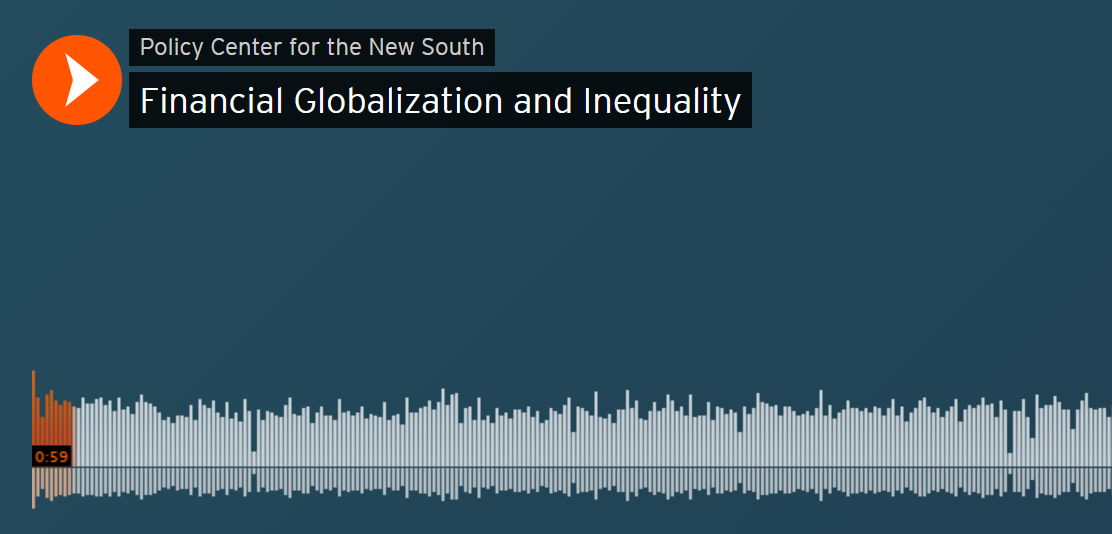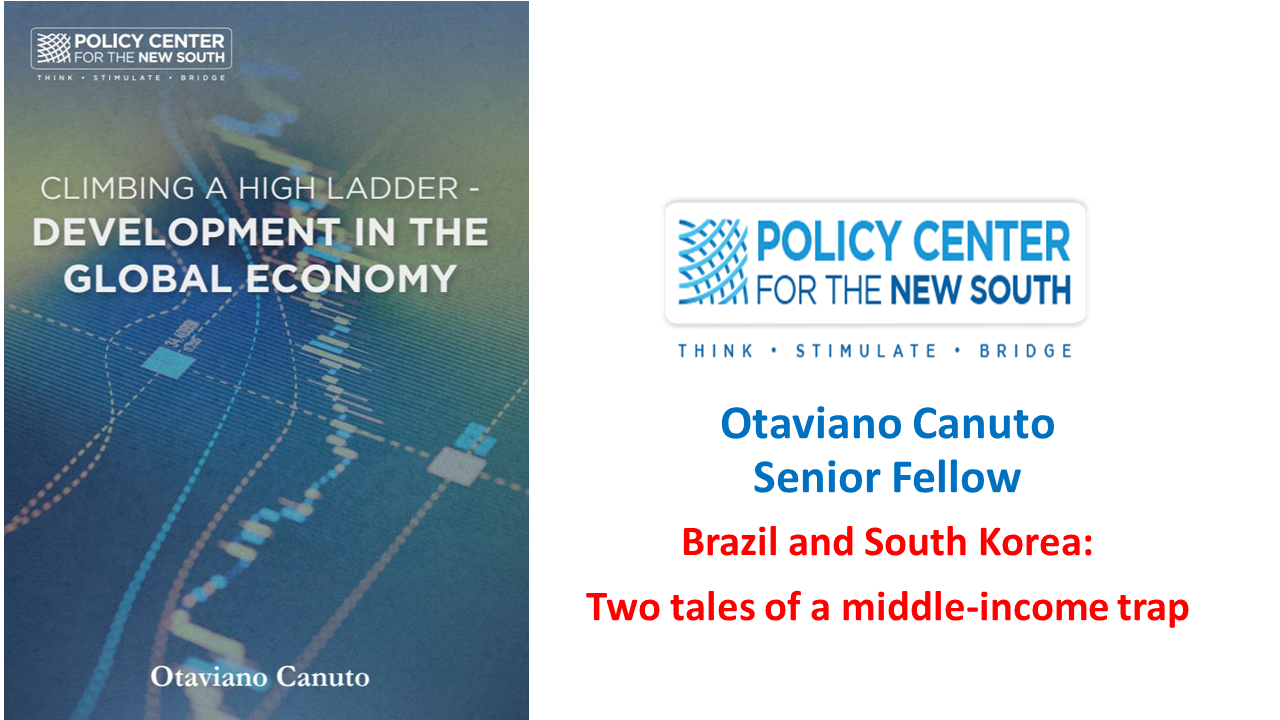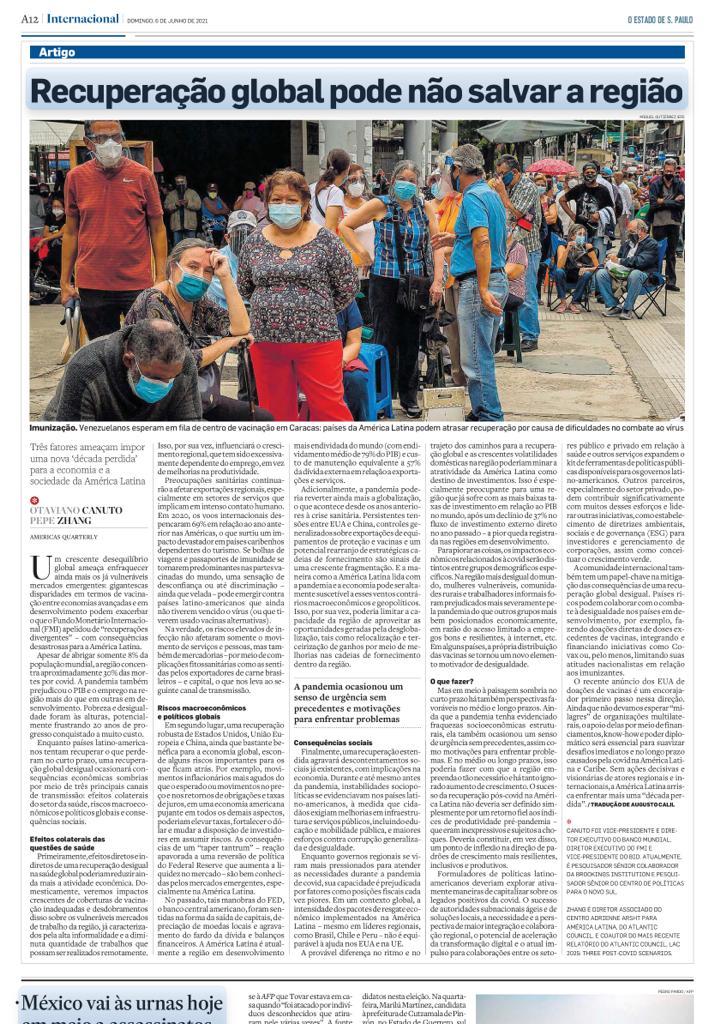Por que maiores déficits em conta corrente não são problemáticos na crise de Covid
Apesar do aumento dos saldos em conta corrente em termos absolutos em 2020 (em 0,4 ponto percentual do PIB global), os desequilíbrios globais excessivos —ou seja, a soma dos valores absolutos dos saldos considerados divergentes dos níveis correspondentes a fundamentos e políticas adequadas no médio prazo— se mantiveram em torno de 1,2% do PIB mundial, próximos aos anteriores.

